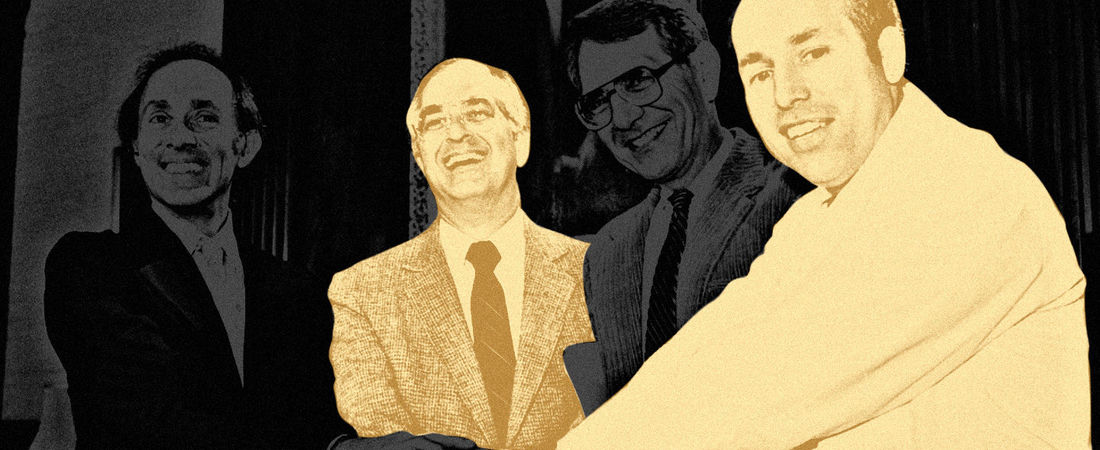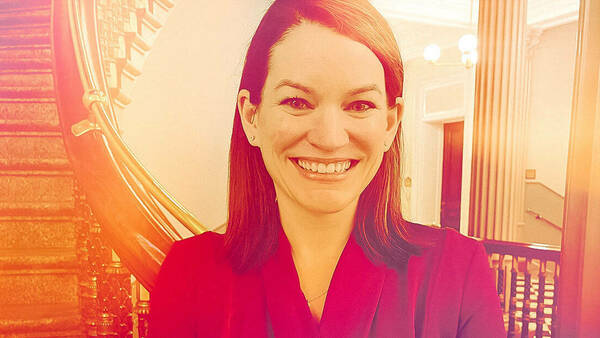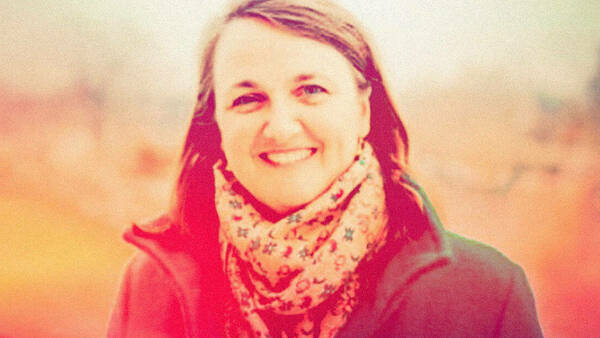“We’re comrades against arms,” Dr. Jim Muller ’65 says of his relationship with fellow Domer Dr. John Pastore ’63.
Muller co-founded International Physicians for the Prevention of Nuclear War (IPPNW), and Pastore was one of the first board members of the group, which won the Nobel Peace Prize in 1985.
“I’ve actually never said that before, but that’s what we are—comrades against nuclear arms,” Muller continues. “We believe North Korea and the rest of the world should denuclearize. Nuclear weapons should be outlawed like chemical weapons and removed as the basis of the international order.”
The pair’s unprecedented work uniting American and Russian physicians against nuclear weapons in the 1980s earned that Nobel Peace Prize, and today both Muller and Pastore are focused on creating a similar relationship with physicians in North Korea.
Muller, a Boston cardiologist who has been on the faculty at Harvard Medical School for more than 25 years, says the threat of nuclear war is a public health issue.
“Those who say doctors should treat pneumonia and nuclear wars should be prevented by statesmen and the military have it wrong. We need the worldwide voice of a profession dedicated to life and health to chime in,” he says. “When medicine encounters a situation where you can’t really treat something—say, advanced cancer—you try to find it early and prevent it. Similarly, nuclear war is absolutely something that has to be prevented.”
Pastore, who is also a Boston-based cardiologist, has traveled to North Korea twice to share medications and medical advice, as well as educate physicians about the dangers that nuclear war presents.
“As physicians, we have something different to offer than diplomats. It is a two-pronged effort, offering medical assistance and education, but also with the subtext of physicians’ role in preventing nuclear war by emphasizing the medical catastrophe that could ensue,” he says.
Muller discussed this type of medical catastrophe in explicit detail during meetings with United Nations representatives of North Korea in New York City in December 2017.
“If a single nuclear bomb exploded over Manhattan, everything within a mile radius would be vaporized. The crush, fire, and radiation injuries would afflict hundreds of thousands, quickly overwhelming any surviving medical supplies and facilities,” he says. “Attempts to shelter underground in a subway would lead to deaths by burns and asphyxiation.”
And that’s just the immediate impact area—Muller also says that surrounding areas would be subject to excessive radioactivity carried by the wind.
Muller and Pastore have long worked to prevent such scenarios from ever unfolding, and they have seen their work pay off.
“In 1981, there were 61,000 nuclear weapons in the world,” Muller says. “When you have that many, it has become a game. That number is too large, even for those arguing they are needed for deterrence. After public opinion was changed by the world peace movement, which I believe the IPPNW helped get started, that number has now fallen to 16,000.”
Muller, whose father, Paul Muller ’37, encouraged him to study Russian at Notre Dame after witnessing the country’s successful space program, spent 20 years cultivating cooperation among American and Russian doctors. He was inspired to take action after attending a lecture about the dangers of a nuclear conflict when he was a student at Johns Hopkins Medical School.
In 1967, Muller traveled to Moscow as the first American medical exchange student. Later, he worked in Russia as part of the U.S. Public Health Service and, in the 1970s, jointly studied heart attacks with Russian doctors.
“By 1980, we had built a spirit of cooperation with the Russian doctors and converted that to a joint opposition to nuclear weapons,” Muller says. In 1982, three years before winning the Nobel Prize, Muller and Pastore participated in a panel discussion about nuclear weapons in Moscow that was broadcast to 100 million Russians on Soviet television and as part of a Frontline episode on PBS in the U.S. The broadcast was unprecedented at the time, given the Soviet Union’s policy of banning western views from the public.
“There is a certain risk there, for Americans to go to Moscow and organize Russian doctors against nuclear weapons at a time when the U.S. and Russia were heading toward a nuclear conflict,” Muller says. “We felt we were working against nuclear war and trying to protect millions of children, so we didn’t worry about the risk. We thought the benefit would be greater than the risk.”
Pastore, the son of longtime U.S. Senator John O. Pastore of Rhode Island, first encountered the concept of nuclear war when his father was chair of the joint congressional committee on atomic energy in the 1950s and 1960s. Pastore remembers his father advocating for peaceful uses of atomic energy. After graduating from medical school, Pastore spent two years working with the Atomic Bomb Casualty Commission in Hiroshima and Nagasaki, Japan, where he witnessed firsthand the lasting impacts of the atomic bombs dropped during World War II.
“One of the things that made a very big impression on me was that even those who survived were scarred both psychologically and physically,” Pastore says. “There was an increased incidence of leukemia in Japan in the 1950s, and these people felt like they had poison in their bone marrow that was sooner or later going to catch up to them. It was hard to get my arms around what that must feel like—they were alive but felt like this death bomb was in their bone marrow. It made me determined to do whatever I could to spread the word that you can’t do this thing again.”
Both Muller and Pastore were inspired to work against nuclear weapons by the example of Rev. Theodore M. Hesburgh, C.S.C. who led the Atomic Energy Commission. Father Ted helped them raise the initial funding for IPPNW, and on his last day as president of Notre Dame, said Mass in a Soviet hotel while attending the IPPNW congress.
Nearly 50 years after they first began this work, both Muller and Pastore remain committed to preventing nuclear war. Pastore helped lead IPPNW as it co-founded the International Campaign for Abolition of Nuclear Weapons, which was awarded the 2017 Nobel Peace Prize.
“We’ve lived with the threat of these weapons for 73 years, and had a number of close calls: the Cuban Missile Crisis, the Cold War in the ’80s, and now we have North Korea,” Muller says. “Eventually our luck will run out and the things will go off, whether it is a computer error or a terrorist or a rogue nation. Either we’re going to get rid of them, or they’re going to get rid of us.”
To learn more about International Physicians for the Prevention of Nuclear War, please visit ippnw.org.



